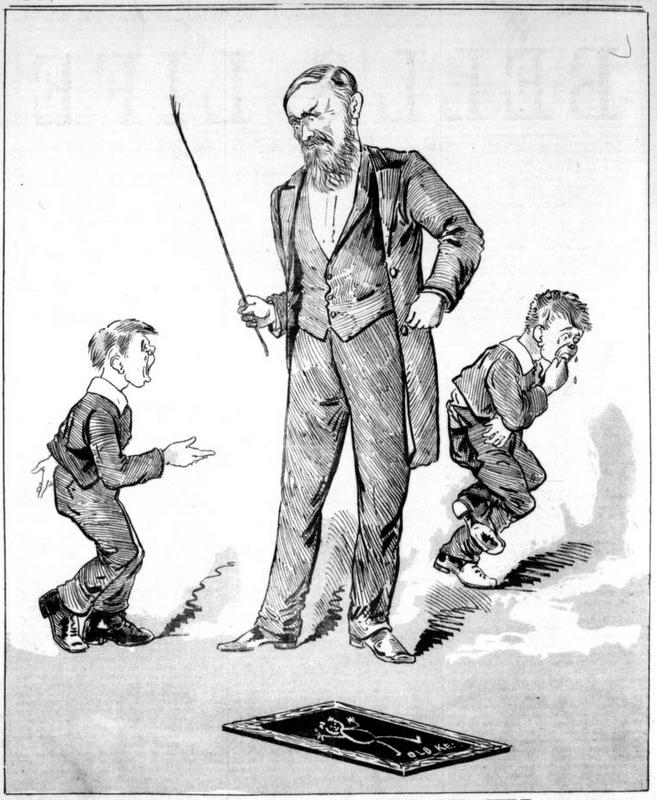How To Use Venire In The Passive Form Posted by Serena on Jan 25, 2017 in Grammar
Strange how after all these years of writing this blog I suddenly discover that we’ve never written about an important grammatical point: the use of the verb venire (to come) in the passive conjugation.
Let’s begin with the passive conjugation:
We use the passive conjugation when we want to put the emphasis on the person or thing receiving the action. For example, instead of saying la maestra loda lo studente (the teacher praises the student), I can turn the sentence around by saying: lo studente è lodato dalla maestra (the student is praised by the teacher). Note how in the second example, the passive form puts emphasis on lo studente (the student)
We also use the passive form when we don’t know who is responsible for an action, e.g. penso che mi abbiano rubato la macchina (I think that they’ve stolen my car), vs the passive form penso che la macchina sia stata rubata (I think that the car has been stolen).
In the above examples, the passive form is built with the verb essere (to be) followed by the past participle of the main verb.
N.B. The past participle(s) must agree in gender and number with the person who’s doing the action.
Now let’s take a look at an alternative construction of the passive form: in Italian the verb venire (to come) is often used instead of the verb essere (to be). See this blog: VENIRE
When do we use venire instead of essere?
In the present, future, imperfect, and present subjunctive tenses essere and venire are interchangeable. However, the verb venire cannot be used in the present perfect, pluperfect, and past subjunctive. Here are some examples:
presente (present):
la pasta viene/è servita come primo piatto = pasta is served as a first course
tutti gli anni per la festa del patrono le reliquie vengono/sono esposte in chiesa = every year on patron saint’s day the relics are put on display in the church
futuro (future):
il nuovo libro di Mario verrà/sarà pubblicato il mese prossimo = Mario’s new book will be published next week
i migliori studenti verranno/saranno premiati dal preside = the best students will be rewarded by the principal
imperfetto (imperfect):
durante la guerra le foglie di granturco venivano/erano fumate al posto del tabacco = during the war maize leaves were smoked instead of tobacco
in passato gli studenti cattivi venivano/erano picchiati con la bacchetta = in the past bad students were beaten with a cane
congiuntivo presente (present subjunctive):
il sindaco ha ordinato che la piazza venga/sia chiusa al traffico per la processione = the mayor ordered that the square be closed to traffic for the procession
voglio che il lavoro venga/sia finito prima di sera = I want the job to be finished before evening
N.B. although essere and venire are interchangeable in the passive form, we often choose to use one rather than the other for the sake of euphony.

Build vocabulary, practice pronunciation, and more with Transparent Language Online. Available anytime, anywhere, on any device.





Comments:
Mike:
for the sake of “euphony” !!!
Grazie Geoff per avermi insegnato una nuova parola in inglese! Se io avessi scritto quella frase, avrei dovuto scrivere: “.. because it sounds better” 🙂
E come sempre grazie ad entrambi per gli ottimi articoli.
Christine:
Grazie! I would be grateful if you would do a blog on indirect objects with multiple examples.
Chippy:
Wow! What a lot to digest but so useful, thank you!
Geoff:
Salve Vincent!
Nella costruzione passiva il verbo venire è usato al posto del verbo essere quando la costruzione è ambigua. Per esempio: “lo specchio è pulito” può significare the mirror is clean (pulito in questo caso è un aggettivo) oppure the mirror is cleaned (pulito è participio passato). Nel secondo caso per evitare ambiguità si preferisce dire ‘lo specchio viene pulito’.
Saluti da Serena